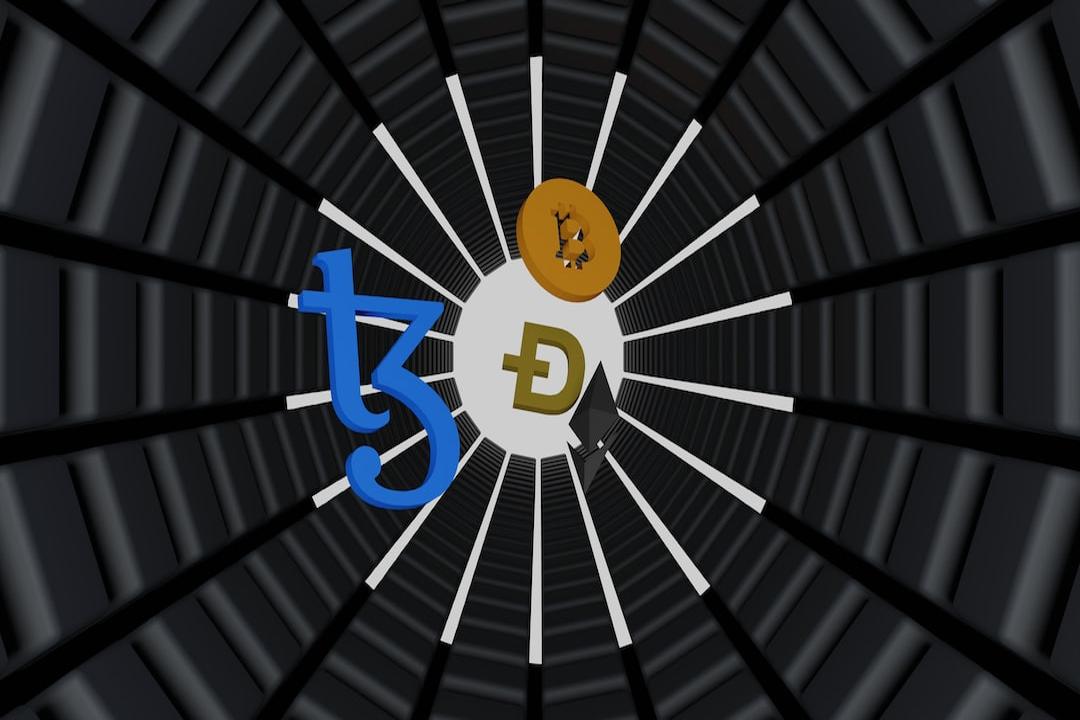Fidelity Modifies S-1 Application for Spot Ether ETF, Removes Staking

Ruholamin Haqshanas
May 21, 2024 07:46 EDT
Asset manager Fidelity has submitted a revised S-1 application to the United States Securities and Exchange Commission (SEC) for its spot Ether exchange-traded fund (ETF). Recent reports indicate that the updated application states that the underlying Ether tokens of the ETF will not be staked.
S-1 filings are mandatory registration forms required by the SEC for publicly traded securities products in the United States.
SEC’s Position on Ether ETFs
This filing comes after reports suggesting that the SEC has changed its stance on spot Ether ETFs, possibly due to political pressures. Consequently, the commission has reportedly asked ETF issuers to amend their 19b-4 filings.
The deadline for the SEC’s decision is May 23, specifically for VanEck’s Ether ETF proposal. Bloomberg ETF analyst Eric Balchunas has increased the likelihood of approval to 75%, up from the previous estimate of 25%, but this applies specifically to the 19b-4 form. However, approval for Ether ETF issuers also requires the acceptance of their S-1 filings, as highlighted by Bloomberg ETF analyst James Seyffart.
Seyffart suggests that the approval process for S-1 filings could take weeks to months, even if the theoretical approvals for 19b-4 filings happen this week. Despite the potential delay, Seyffart believes that S-1 approvals are a matter of “When” rather than “If.”
The SEC has final deadlines to make decisions on VanEck and ARK’s spot Ethereum ETF applications on May 23 and May 24, respectively.
Concerns About Liquidity
In a recent note, Matteo Greco, a research analyst at digital asset investment firm Fineqia International, expressed concerns about the liquidity of ETH’s spot and futures markets, as well as its previous classification as a security by the SEC. These factors contribute to skepticism about swift approval.
Greco wrote, “If rejected, issuers would need to resubmit filings, potentially leading to approval in Q4 2024 or Q1 2025 at best.” He also suggested another possible scenario where the 19b-4 filings are approved while the S-1s are “slow-played.” Both the 19b-4s and the S-1s must be approved by the SEC for the launch of Spot ETH ETFs.
The 19b-4s filing allows national security exchanges like the New York Stock Exchange (NYSE) or Nasdaq to list new products, such as Spot ETH ETFs. The S-1s are the initial registration forms required for new securities offered to the public.
Notably, fund companies have been actively engaging in dialogue with the SEC and submitting multiple amended versions of paperwork to address the SEC’s concerns prior to the approval of Bitcoin ETFs. However, there has been significantly less activity in this regard for spot Ethereum ETF filings, leading many to expect a disapproval order.
Katherine Dowling, general counsel for Bitwise, which filed for a spot-Ether ETF in March, told Bloomberg, “Most people are universally expecting a disapproval order.”
Follow Us on Google News


